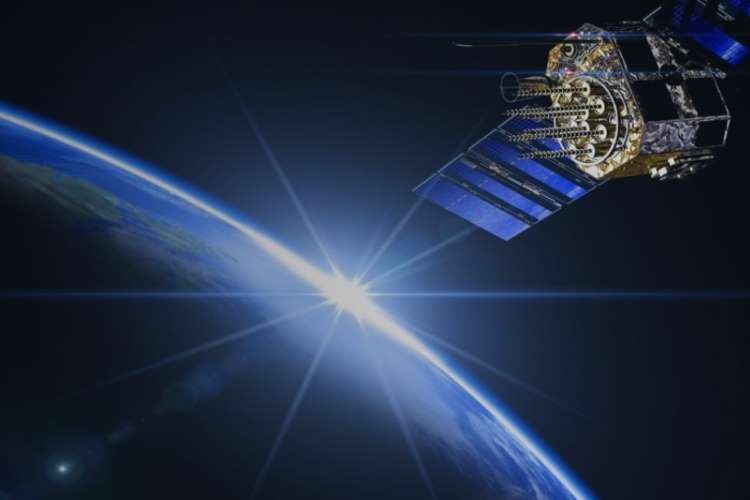
India is preparing to launch its draft for the new foreign direct investment (FDI) policy for space sector, which will allow 100% FDI in the area. The Space Commission has already approved it, according to Pawan Goenka, chairman of the Indian National Space Promotion and Authorization Centre (IN-SPACe). If there are no last-minute glitches, the draft is expected to be released in three months. The new policy will enable foreign investment in three different types of space activities: satellite establishment and operations, launch vehicle operation and manufacturing, and sub-system manufacturing.
Currently, India only allows FDI in the space sector for satellite establishment and operations. To expedite progress, the government is also permitting investments through the automatic route. However, the government will still retain the majority of the responsibility for approval. The threshold at which government approval is not required for foreign investment is still under consideration. This threshold will vary for each of the three types of space activities and may range from 49% to 100%.
READ | India struggles to reduce dependence on coal energy
The need for FDI in space sector
While the Indian space program was launched in the 1960s, control over the sector has been consolidated in the hands of statutory bodies, impeding participation from private players. The government has acknowledged this issue and recognizes the importance of collaboration with private foreign players. Additionally, India accounts for only 2% of the global space economy and lags behind countries such as China and the United States, which hold the majority share in the $447 billion global space economy.
The reason behind this disparity is simple. The Indian space sector is primarily government-controlled, with ISRO functioning as both an operator and regulator of space activities. Private players have not had the opportunity to fully participate and lead space activities, with their involvement limited to being vendors, subcontractors, or suppliers. This constraint on private collaboration has severely hindered the growth of the Indian space domain.

Foreign private players have also been hesitant about the Indian regulatory environment and often view ISRO as a direct competitor, despite the government’s encouragement towards private participation. This conflict of interest has led investors to believe that they cannot benefit from Indian space program initiatives.
In fact, even when Indian startups attempted to attract foreign investment, they failed due to regulatory uncertainty surrounding FDI, according to industry insiders. Nevertheless, several space startups, such as Dhruva Space, Agnikul Cosmos, TeamIndus, and Pixxel, have emerged in recent years. Many of these startups have received grants and support from other countries.
Even non-spacefaring countries have attracted space investments, but India has fallen behind due to a lack of investment under the automatic route. However, with the new draft policy, it is expected that ease of doing business and the ability to raise funds and capital will increase.
The government aims to attract greater private sector participation in the entire value chain of the space economy, including ground and space-based assets. This encompasses satellite establishment and operations, launch vehicle operation and manufacturing, and sub-system manufacturing. India has been actively working to improve the ease of doing business in the country, and with the new space FDI policy, the government will likely continue these efforts to attract global investments and encourage global companies to establish operations in India.
Lessons from the US
Like India, the United States also has its own national space agency, NASA. However, the US exhibits a thriving private sector participation in the industry, with major contributors such as SpaceX, Blue Origin, and Boeing. There is a clear distinction between the roles of public and private players. The private sector is primarily driven by commercial interests and market competition, while NASA focuses on scientific research, space technology development, and space exploration.
NASA receives funding from the US government and operates under the oversight of various government agencies. Collaboration between NASA and private players occurs when certain missions or components need to be outsourced, fostering innovation and cost-effectiveness. The US benefits from well-established regulations and licensing processes for private companies, ensuring clear delineation of roles between NASA and private players.
Furthermore, the United States encourages collaboration and knowledge sharing within the space sector. Government agencies, private companies, and academia collaborate on joint research and technology transfers. India can learn from this approach in fostering cooperation among various stakeholders in the space industry.
To align the FDI policy in space with the country’s broader FDI goals, the Department of Space (DoS) and the Department for Promotion of Industry and Internal Trade (DPIIT) are collaborating on the matter.
